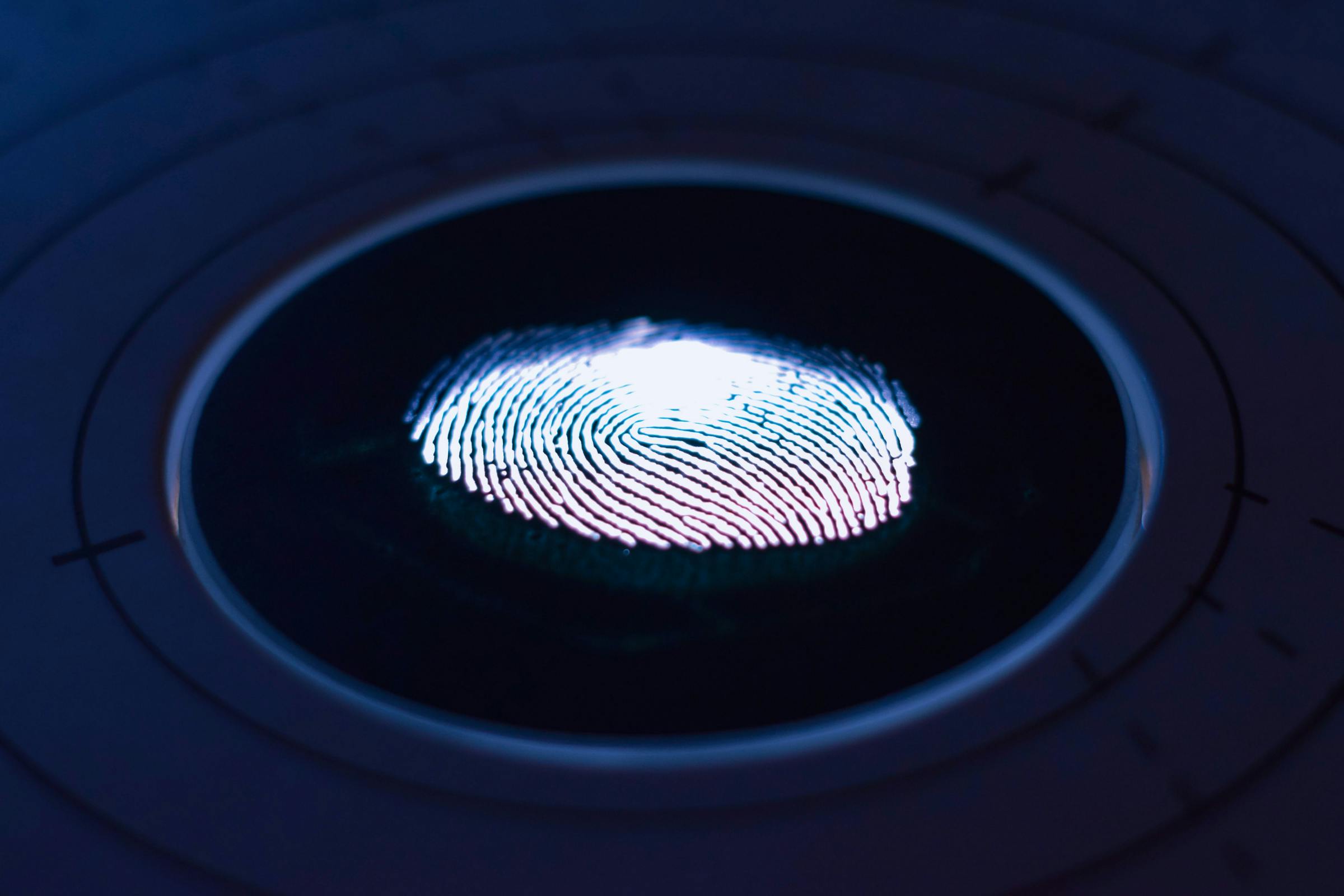One of the criteria that need to meet when an immigrant is applying for U.S. citizenship through the naturalization process is displaying ‘good moral character’. While it may seem straightforward to some who already come from Western cultures, the phrase can be quite confusing for some foreigners who do not understand how the terminology has also evolved with the history of America in general, and how the law has changed since the 1990s to become more of an exclusionary tactic to bar immigrants from becoming United States citizens.
In general, good moral character is supposed to mean that an individual is, “…an honest and respectable person who follows the rules and regulations of the state and federal law. A good moral character generally infers that an individual has refrained from committing severe crimes.”
While there are several involvements that can deny an individual from achieving citizenship via good moral character, here is a brief list that covers some of the major activities that are seen as unpardonable by the federal government:
- A crime committed against the government of the United States
- Tax evasion
- Illicit trafficking
- An offense that might jeopardize a national security objective
- Earning your principal income from gambling
- Giving false testimony under oath of the United States Constitution in order to receive benefits under the Immigration and Nationality Act
- Providing false information during any citizenship application phase or on any USCIS form
- Failing to register for Selective Service
For the purposes of citizenship, an individual must show good moral character and not commit any of these serious crimes listed above during their five-year period immediately preceding application for naturalization, and up to the time of the Oath of Allegiance. This statutory period is reduced to three years if applying on the basis of marriage to a U.S. citizen.
Questionable Policies and Misdemeanors
One of the main problems with displaying good moral character in the case for naturalization is the fact that “good moral character” is also dependent on smaller misdemeanors which are often not listed. For example, U.S. citizens who are native-born can be judged for their good moral character over the course of 10 or 15 years, or their entire lives, meanwhile immigrants are subject to a three-year period. A native-born citizen could have a misdemeanor on their record, and still be considered of good moral character as an American while an immigrant might be penalized for such an offense.
This presents some problems for our definition because if an immigrant commits a misdemeanor crime in that three-year period, they could effectively be denied citizenship as having this crime on their record demonstrates from a legal perspective they were in fact not displaying “good moral character”.
From a political theorist's point of view, this contradicts the notion that good moral character stems from a lifetime of citizenship. According to Aristotle, one of the foundational thinkers when it comes to democracy and citizenship, the definition considers citizenship to be the act of participating in and shaping the political community and often induces appeals to the archetype of good citizenship. Some see citizenship as a component of identity and citizens as a class of people who share particular characteristics or culture.
If this is the case, then there should be no reason why a small misdemeanor crime should outweigh someone’s participation in shaping the political community, if that is the case. One can see how problems with the legality of misdemeanors obstruct the true form of what “good moral character” thus represents.
Overall, the system puts heavier scrutiny on immigrants during their three to five year period leading up to naturalization and unfairly connotes what good moral character is from the perspective of an LPR to that of a native-born citizen.
Regardless, immigrants in the process of becoming U.S. citizens should steer clear of any minor offenses, as the process of confirming an individuals naturalization has become more targeted in the past two decades due to different presidential regimes. Immigrants should also be willing to argue their case for why they do display good moral character, which may include being deeply integrating into a community in the U.S or being committed or in support of a social justice platform or non-profit organization.














